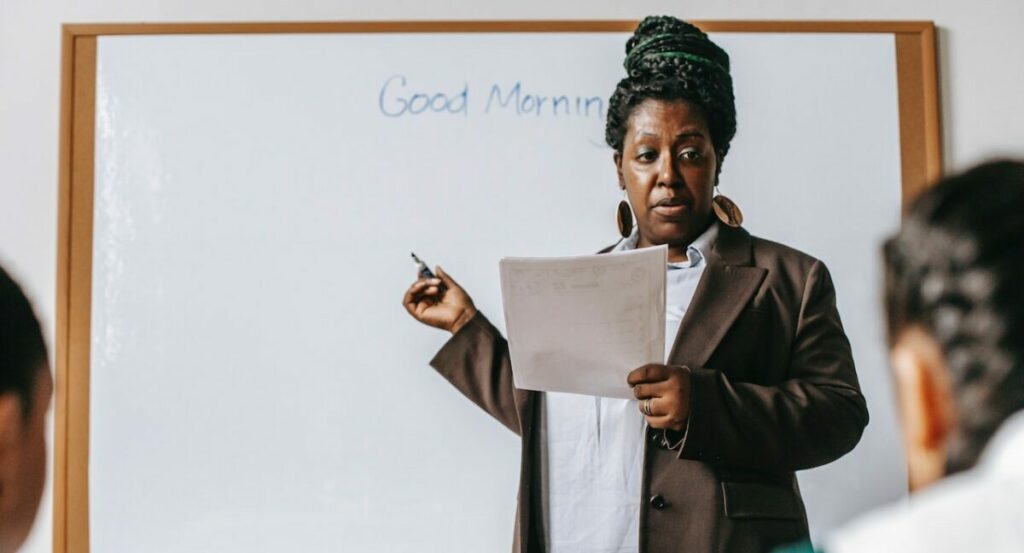
Women’s history and achievements have been largely left out of American school curriculums. Two teachers are trying to change that.
Kristen Kelly and Serene Williams, who teach at Sacred Heart Preparatory in Atherton, California, are on a mission to create an Advanced Placement course on U.S. women’s history. After all, “how can young women really see their value if they don’t see their place in history?” Kelly noted to The 19th.
They’re planning to bring the matter to the College Board, which oversees and administers such classes, and have already gathered roughly 2,000 signatures in support of their cause.
Yet their mission started with a simpler aim: To diversify the offerings of the Board’s already existing AP U.S. Government class, after winning a research grant from the Radcliffe Institute for Advanced Study at Harvard University.
But when they began investigating, they found that women’s contributions were almost entirely omitted from the syllabus. “I feel like it messages that women are not foundational to our political system,” Williams told The 19th.
As they were conducting that research, though, the Board began piloting its AP African American Studies course – and that inspired Kelly and Williams to then suggest a more ambitious alternative.
Their proposed course would guide students through several centuries of American women’s history, beginning with the lives and works of Indigenous women living in the 1490s. And, an emphasis has been placed on including women of different races, ethnicities and political leanings in the lesson plans, as well as disabled women and members of the LGBTQ community – from Black poet Phillis Wheatley to lesbian activist Phyllis Lyon.
“The centering line around this has always been intersectionality, and really, really trying to make sure every voice in the gender experience is expressed and heard,” Kelly said to The 19th.
The Board did not comment directly on the course suggestion when The 19th reached out. However, they did say that decisions on new classes are based on a mix of factors – including interest from at least 500 students, and willingness on the part of at least 200 colleges and universities to award credit for taking it. It will also factor in the diversity of interested parties.
In that latter regard, those fighting for the course say they’re in alignment with the Board. Because these teachers, and the signatories who support them, feel that all students – young women included – “should be able to access their narrative” Williams said.
She added, “You can’t embrace [your role in] the historical narrative unless you see yourself in the story.”



